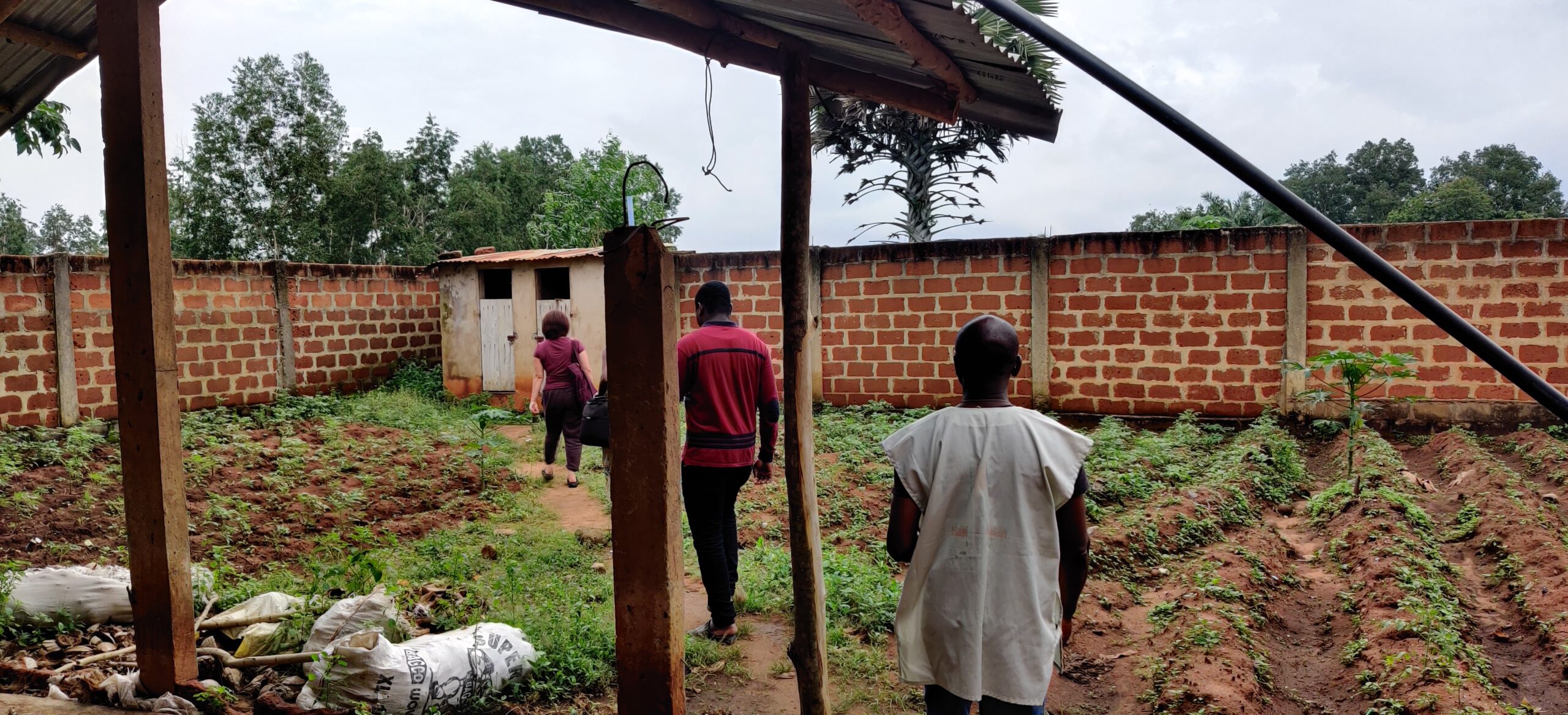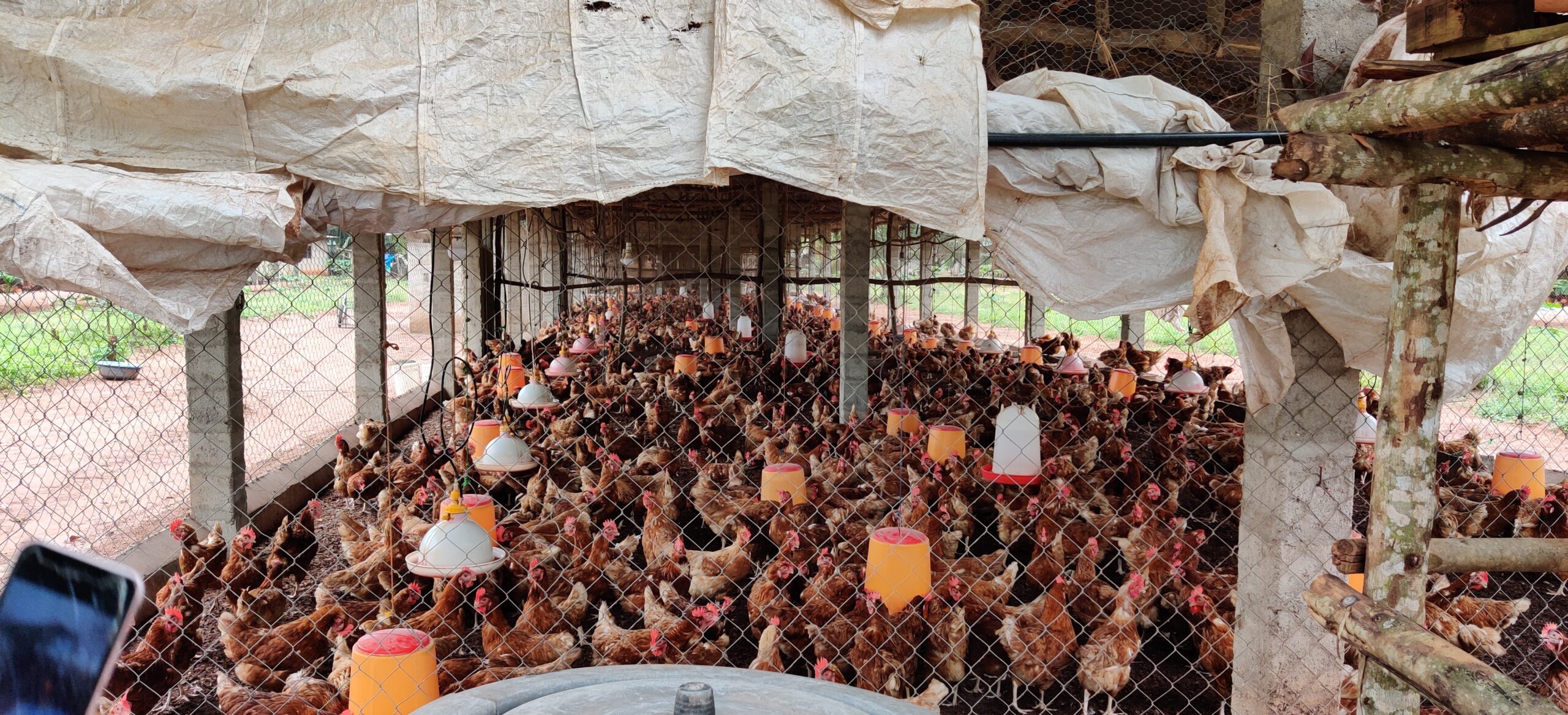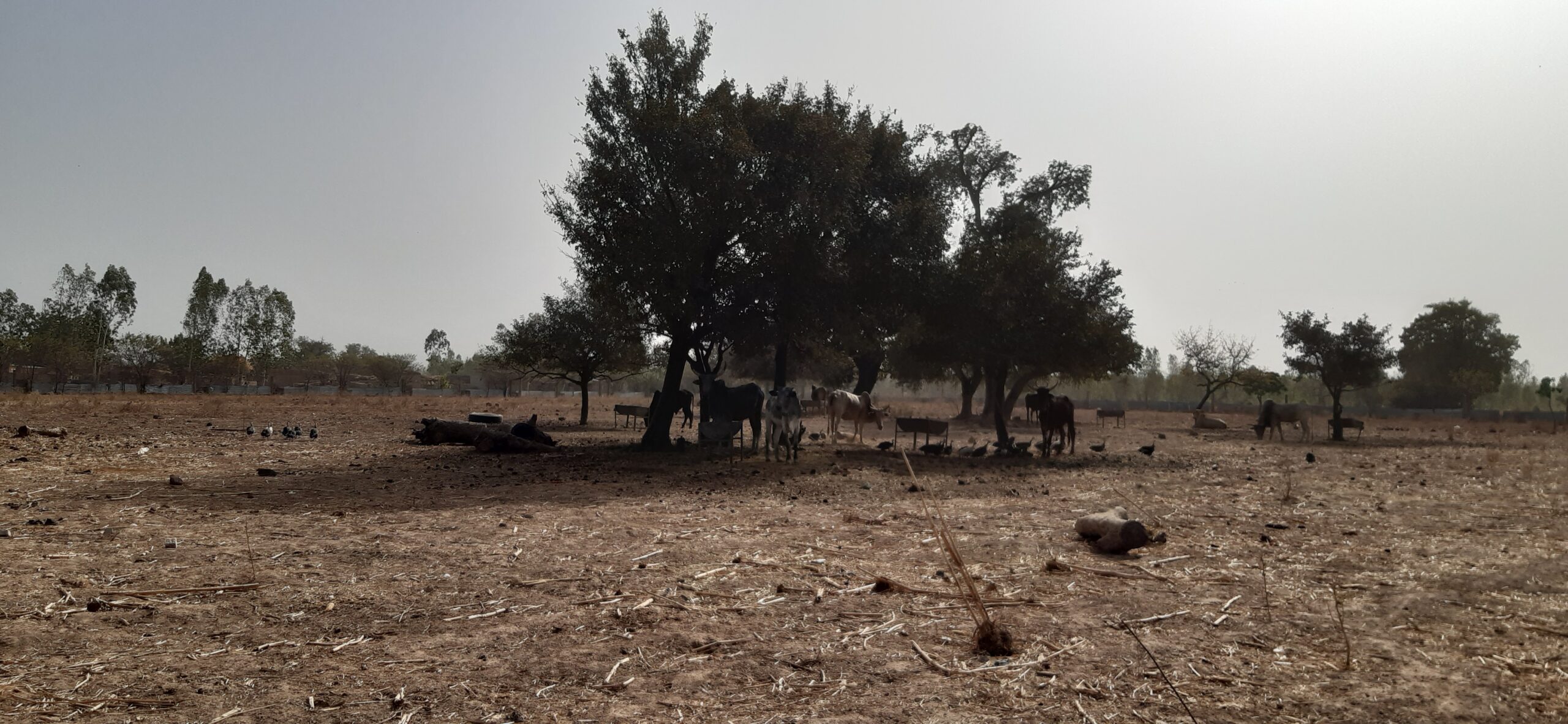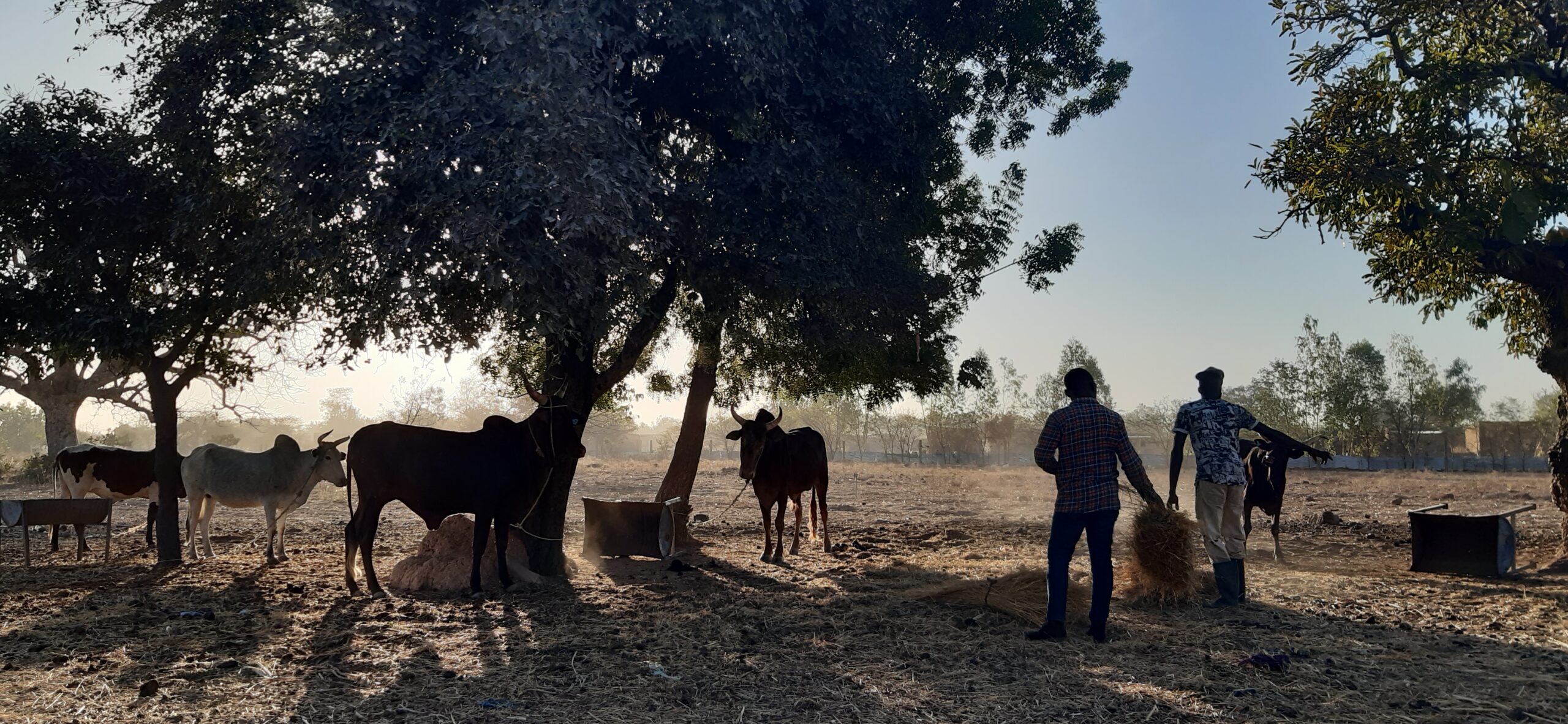Article Summary by Jose A. Cañada, Salla Sariola and Andrea Butcher

Antibiotics are currently the main method for controlling bacterial infections. However, their extensive use has led bacteria to develop resistance towards them. This means that the same amount of antibiotic is less and less effective in treating infections. This process is known as antimicrobial resistance, which refers both to antibiotics and other antimicrobial substances. Given that antibiotics are used for human and nonhuman animals, and that they make it to the environment through clinical, household, farming and industrial wastes, antimicrobial resistance is defined as a One Health issue. One Health recognises that resistance cannot be managed without attending to its presence in humans, animals and the environment. However, human health has the dominant focus in initiatives to combat resistance, with animals and the environment being secondary elements to be adjusted to minimise impact on human populations. This is what is called an anthropocentric perspective: humans are always the main priority. This results in inequalities across the sectors involved in managing antimicrobial resistance with human health institutions having access to bigger budgets and technical support, limiting the ability of agricultural, animal health or environmental institutions to effectively implement policy initiatives. In this article, we review these inequalities from an ethical perspective. Antimicrobial resistance has important ethical dimensions because it has a significant impact on the health of humans, animals, and environmental ecosystems. The article shows that ethical discussions about antimicrobial resistance are also centred on humans. Those discussions do not address the problematic inequalities underlying policies and ethics of antimicrobial resistance. We suggest that to ethically evaluate the relevance of human, animal and environmental aspects of antimicrobial resistance we must attend to how the relations between those are diverse and contextual. This requires caring for nonhuman elements and accepting that initiatives to combat antimicrobial resistance are necessarily ambivalent. The article uses examples from precarious environmental and socioeconomic settings in West Africa to illustrate our proposed ethical framework. This article concludes by arguing that a useful AMR ethics framework needs to consider and take seriously nonhuman others as an integral part of both health and disease in any given ecology.
Read the full article on the Medical Humanities journal website.




Jose A. Cañada, Salla Sariola and Andrea Butcher started working together on issues related to antimicrobial resistance in 2019 at the University of Helsinki. They have combined their perspectives and experiences with the topic to develop ways of thinking differently about how health and disease of humans and animals are managed in precarious settings.


